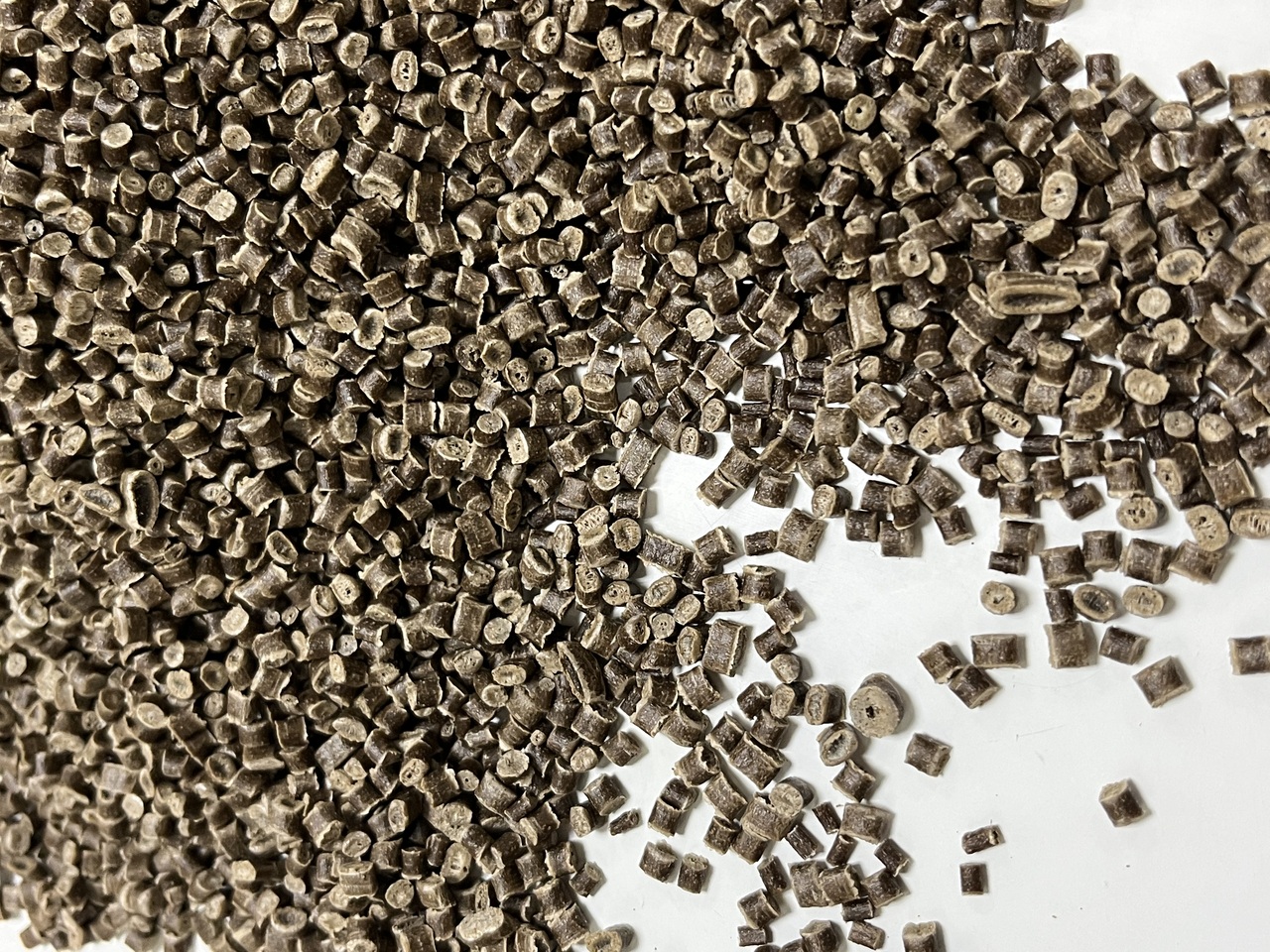The Promising Role of Bio-based Raw Materials in Reducing Carbon Footprint
The world is facing an urgent need to address climate change and reduce carbon emissions. As industries strive to become more sustainable, the utilization of bio-based raw materials has emerged as a promising solution.
Exploring the significant role that bio-based raw materials play in reducing the carbon footprint and transitioning towards a more sustainable future.
Definition of bio-based raw materials
Bio-based raw materials refer to substances derived from renewable sources such as plants, biomass, and other organic materials. These materials are used as alternatives to traditional petroleum-based raw materials in various industries. Bio-based raw materials are considered more sustainable as they have a lower environmental impact, reduce dependency on fossil fuels, and contribute to the reduction of greenhouse gas emissions. They play a crucial role in the transition towards a more sustainable and circular economy.

Bio-based raw materials derived from renewable sources such as rice husk, coffee grounds, sugarcane bassage,…
Understanding the Carbon Footprint
The term "carbon footprint" refers to the total amount of greenhouse gases, particularly carbon dioxide (CO2), emitted directly or indirectly by an individual, organization, product, or event throughout its lifecycle. These emissions are primarily generated through the burning of fossil fuels, such as coal, oil, and natural gas, which release carbon dioxide into the atmosphere.
The carbon footprint is a crucial metric in measuring the environmental impact of human activities, as carbon dioxide is a major contributor to climate change and global warming.
Advantages of bio-based raw materials in reducing carbon footprint
Bio-based raw materials offer several advantages in reducing the carbon footprint compared to conventional materials derived from fossil fuels.
- Renewable and Sustainable: Bio-based raw materials are derived from renewable sources such as plants, crops, and biomass. Unlike fossil fuels, which are finite and non-renewable, bio-based materials can be produced sustainably, ensuring a continuous supply without depleting natural resources.b
- Lower Greenhouse Gas Emissions: Bio-based materials typically have lower greenhouse gas emissions compared to their fossil fuel-based counterparts. The production and processing of bio-based materials often result in reduced emissions of carbon dioxide (CO2) and other greenhouse gases. This is because the carbon released during the lifecycle of bio-based materials is part of the natural carbon cycle, as opposed to adding new carbon to the atmosphere.
- Carbon Sequestration: Many types of this material have the ability to capture and store carbon during their growth phase. Plants absorb CO2 from the atmosphere through photosynthesis, converting it into biomass. This carbon remains stored in the bio-based materials derived from these plants, effectively sequestering carbon and helping to mitigate climate change.
- Circular Economy Potential: These materials can support the principles of the circular economy. They can be designed to be biodegradable or compostable, allowing them to return to nature at the end of their useful life. They can also be recycled or used as feedstock for the production of other bio-based materials or energy, promoting a closed-loop system that minimizes waste and resource depletion.
>>>> Learn more at: Circular Economy Strategies: A Win-Win for Business and the Environment
Bio-based raw materials provider
AirX is a bio-based raw materials provider. Their focus on carbon neutrality and sustainability aligns with the growing demand for environmentally friendly alternatives to conventional plastics. The development of coffee-based polypropylene by AirX is a notable achievement in the field of bio-based materials.
 Coffee bio-composites
Coffee bio-composites
By utilizing coffee grounds, which are a byproduct of the coffee industry, AirX is able to transform waste into a valuable resource. The carbon content present in coffee grounds offers a unique opportunity to create bio-based materials with a lower carbon footprint. By incorporating coffee grounds into the bio-composite, the resulting material becomes carbon negative, meaning it has the ability to capture and store more carbon dioxide than is emitted during its production.
The use of coffee-based polypropylene in various applications offers a sustainable alternative to conventional plastics and contributes to the circular economy.
Contact us
AirX is the world's first carbon-negative bio-material made from coffee grounds manufacturer.

We specialize in producing bio-based composites using recycled carbohydrates derived from by-products such as coffee grounds, coconut husk, husk, and bamboo. Our goal is to promote sustainability through the use of eco-friendly materials.
We are always here to help and provide the best service possible. If you have any questions or would like to receive advice and feedback directly from our sales staff, please do not hesitate to contact us. You can reach us through:
- Whatsapp: +84 969 742 950
- Email: [email protected]
We look forward to hearing from you!

